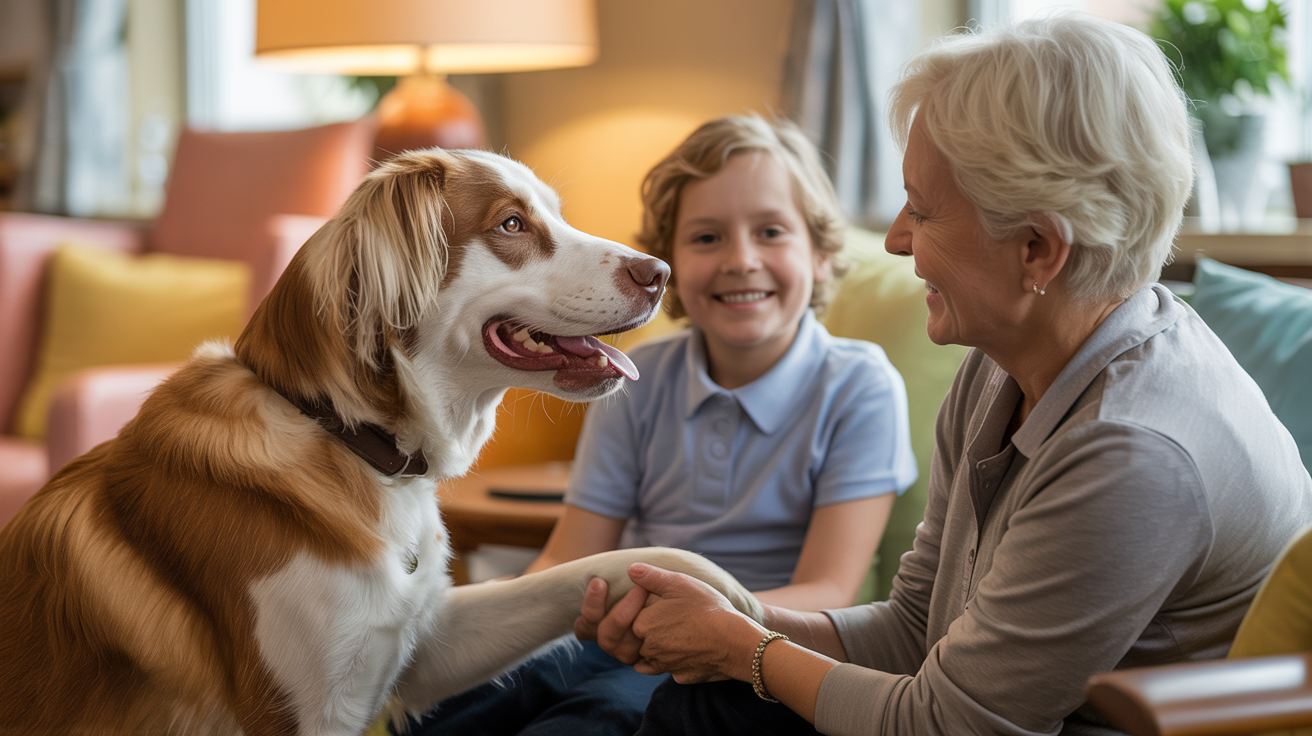How the Pandemic Changed Our Relationship with Pets
The COVID-19 pandemic was a transformative period for people and animals alike. As humans grappled with uncertainty and isolation, many turned to pets for companionship and comfort. This unprecedented shift had profound effects on pet adoption rates, animal shelters, and our understanding of responsible pet ownership. At Animal Atlas, we explore how these changes continue to shape our interactions with domestic companions, and what this means for the future of animal welfare.
A Surge in Pet Adoption: The "Pandemic Pet" Phenomenon
During the early months of the pandemic, animal shelters across the world reported a dramatic increase in adoption applications. In the United States, the American Society for the Prevention of Cruelty to Animals (ASPCA) recorded a nearly 70% increase in adoptions and foster applications in some regions. This spike was so significant that, for the first time in years, many shelters found themselves with empty kennels.
- Companionship: With lockdowns in place, people sought out pets to alleviate loneliness and stress.
- Remote Work: Working from home enabled more individuals and families to care for pets throughout the day.
- Family Bonding: Pets became important members of households, helping families navigate challenging times together.
Interestingly, not just dogs and cats saw increased interest. Small mammals, birds, and even reptiles found new homes, as people explored diverse ways to connect with the animal world.
Responsible Ownership: A New Focus
While the initial surge in adoptions was heartening, it also highlighted the importance of responsible pet ownership. The decision to bring a companion animal into one's life should be made with careful consideration of long-term commitment, costs, and the needs of the animal.
Key Considerations for Responsible Pet Owners
- Lifelong Commitment: Pets can live for many years (dogs and cats often 10-20 years), requiring ongoing attention, training, and healthcare.
- Financial Responsibility: Veterinary care, quality food, grooming, and other expenses can add up quickly.
- Enrichment and Socialization: Pets need mental stimulation, exercise, and social interaction to stay healthy and happy.
- Adoption vs. Impulse: Animal welfare organizations urge would-be pet owners to avoid impulsive adoptions, emphasizing research and preparation.
Pet ownership is a privilege—not a right. Responsible guardianship ensures animals live healthy, fulfilling lives and reduces the risk of abandonment.
New Trends in Pet Care and Companionship
The pandemic didn’t just increase the number of pets in homes; it also changed how we care for and interact with them. Here are some of the most notable trends:
- Telemedicine for Pets: Veterinary telehealth services surged, allowing pet owners to consult with veterinarians remotely, especially during lockdowns.
- Pet Tech: Smart feeders, GPS collars, and health-tracking apps help owners monitor their pets’ wellbeing more effectively.
- Pet-Friendly Workplaces: As remote and hybrid work become more common, some employers now accommodate pets in the office or offer pet-related benefits.
- Focus on Mental Health: The therapeutic benefits of pets—such as reducing anxiety and loneliness—are now well-documented. Many mental health professionals recommend animal companionship for emotional support.
- Fostering Programs: Short-term fostering became more popular, helping shelters manage capacity and allowing people to experience pet care before committing to adoption.
Challenges and Opportunities for Animal Welfare
While many pets found loving homes during the pandemic, challenges remain. As restrictions lifted and routines changed, some shelters saw an increase in animal surrenders. Common reasons included changes in work schedules, financial hardship, and underestimating the responsibility of pet ownership.
This underscores the need for comprehensive education and support for pet owners. Animal welfare organizations are responding by:
- Providing resources on pet behavior, training, and health
- Offering low-cost veterinary care and spay/neuter services
- Encouraging lifelong commitments through adoption counseling
On a positive note, the widespread adoption of pets during the pandemic increased public awareness about animal welfare issues, responsible breeding practices, and the importance of adopting from reputable shelters or rescues.
The Future of Human-Animal Bonds
The pandemic has left a lasting legacy on the way we view and value our relationships with pets. Studies show that pet owners are more likely to prioritize animal welfare, invest in pet health, and advocate for humane treatment. As our lives and work patterns continue to evolve, so too will our expectations and responsibilities as pet guardians.
Ultimately, the lessons learned during the pandemic—about compassion, commitment, and the vital role pets play in our lives—can help us build a more responsible, empathetic, and animal-friendly society.
Did You Know?
- According to the Human Animal Bond Research Institute, over 74% of pet owners report mental health improvements thanks to their animals.
- Some shelters saw a 90% decrease in animal euthanasia rates due to increased fostering and adoption during the pandemic.
- Dogs can help boost physical activity, while cats are known to lower blood pressure in their owners.
By embracing responsible pet guardianship and supporting animal welfare initiatives, we can ensure a brighter future for our beloved domestic companions and the ecosystems they touch.


